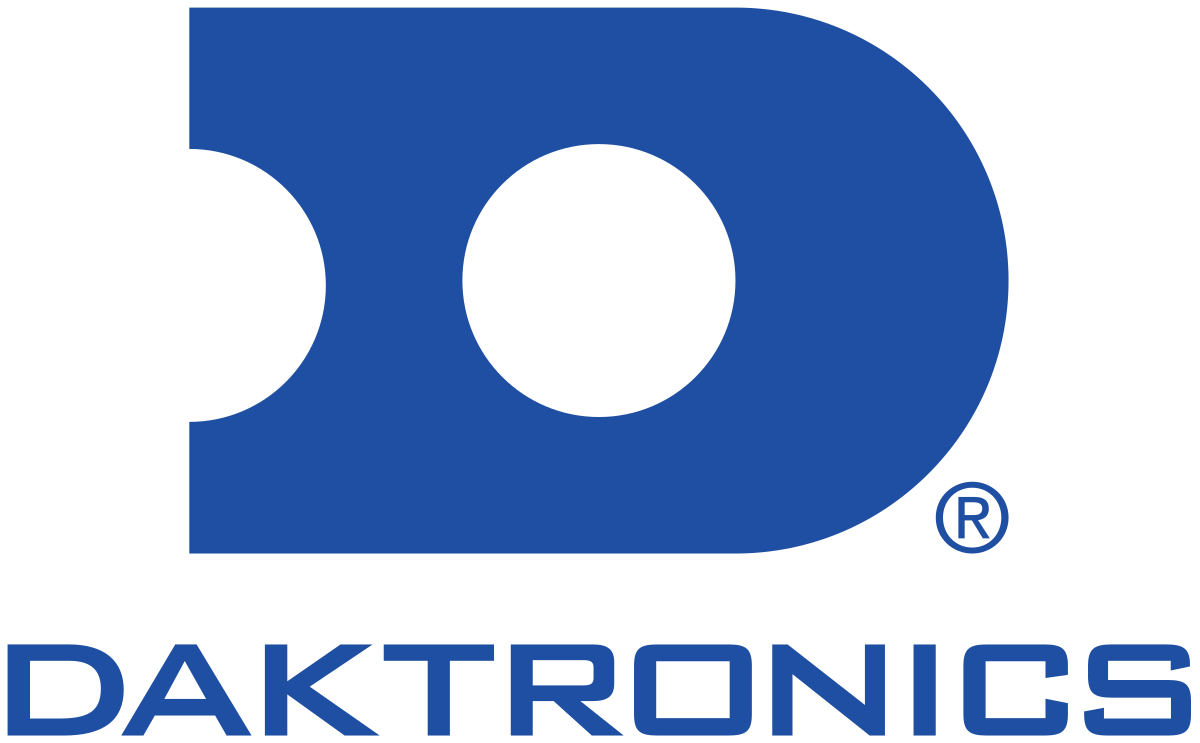
Technology, Media & Telecom
Overview
The recent improvements in biotechnology, computing, electronics, industrial automation, and telecommunications have affected the domestic and global economy in profound ways, improving living standards, increasing international trade, and transforming marketplaces. Digital and industrial technology automation decreases the cost of doing business by speeding up processes typically constrained by human capability, affecting tasks at virtually every level within an organization. Additionally, increased visibility and connection in the global supply chain has enabled companies to reduce inventory and downtime.
Growth in the broader technology industry doesn’t seem to be slowing down, with new entrants providing new or improved products and services and displacing others. For more mature segments of the technology industry, competition is ramping up, with new entrants competing on both price and quality, creating disruption.
The telecommunications industry provides the infrastructure to make global communication possible, whether that be accessing the internet or communicating through text messaging, video conferences, or voice calls. With several large players and consistent upgrades to cellular network technology, investment in capital projects as well as mergers and acquisitions activity remains high.
On the media side, intense competition exists as consumers change the way they prefer to receive information and from whom. In most cases, traditional media outlets are chasing new, more innovative companies with many unable to pivot their large organizations quickly enough to avoid serious distress.
In the Technology, Media, and Telecommunications industries, MorrisAnderson has successfully worked on cases in the roles of Financial Advisor, Refinancing, Debt Restructuring, and Interim Management. A more detailed list of specific industries is as follows:
Sub-Industries
Computer Software & Hardware
Technology Services
Telecom Services
Media
Electronics & High - Tech Manufacturing



